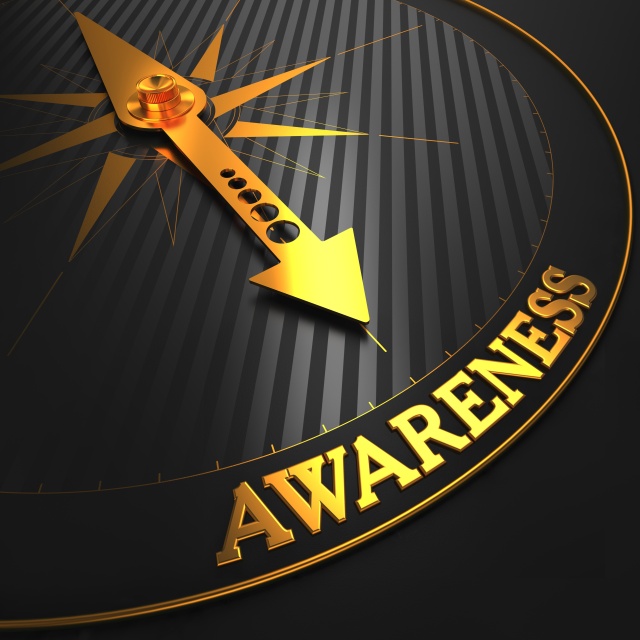I love maps, always have. From my first tentative adventures with a compass as a child to qualifying as a Mountain Leader they have helped me make sense of the world. From life saving maps such as the work of John Snow around cholera to the current visualisations of “big data” – I’m fascinated. So when I was given the opportunity to be part of an elite “blog squad” for an event called “MAP” I obviously leapt at it.
I think I misunderstood.
Apparently MAP also stands for the Midlands Area Partnership of the CIPD, (Ok maybe I did know that really) and I’ve been invited to their Annual Event (8th October) which is all about Building Workplaces for the Future. I won’t lie, when I saw that title my heart sank a little. In my experience we haven’t even got workplaces fit for current purpose and I wondered if it would be all about the rise of the robots etc etc. However, I’m pleased to say that the programme looks really good and grounded in the here and now. Let me run you through what I’m looking forward to and why.
First up is a “Brexit Breakfast – an early bird session about the impact that Brexit (if it ever happens) might make to employment law and the very real problems that the current limbo situation is raising. I’m looking forward to a clear, no nonsense summary and I’ll aim to blog about this whilst registration is going on.
After that it’s Peter Cheese, the top man at the CIPD and he’s doing the keynote with Tim Jones from Network Rail. Being an ex-London Underground employee I’m excited that we will get an industrial perspective, not just white collar workers. Apparently some of the content will be around the recent overhaul of Birmingham New Street station and having got lost there recently I’d like to know what it took to make such a major transformation happen.
After that we are breaking in to 4 smaller workshops. I know that my partner in crime Helen Amery has baggsied “The Complexity of People Issues – Getting Under the Surface” led by Karen Meager so I’m aiming for “New Organisations, New Jobs” – led by Joanne Werth and Peter Kay from Tarmac. Again I’m keen to see where industrial / engineering orgs are with the people agenda and I’m expecting a lot from the Tarmac gang as their sector and company has been evolving at great pace with so many large infrastructure projects happening in the UK.
After lunch there is another round of the same 4 workshops and as I’ve already seen a lot from Laura Overton and her colleagues at Towards Maturity on “Developing Talent – Preparing for the Future of Learning” I’m going to swerve that and aim for “Future Technologies: Making Learning as Addictive as Video Games” – led by Karyn Murray and Nitin Thakrar of E-Learning Studios. Full disclosure: I’m not a fan of using terminology such as “addiction” to describe learning, perhaps biased by doing so much work in Emotional and Mental Health. Having said that I’m fascinated by how technology can make learning fun, portable and impactful so I’m going to give it a whirl and report back.
Finally we have “Keep Stepping! Essential ways to lead yourself and others through challenge and change” with Joy Marsden. Joy has a system which focuses on motivation and resilience through change – things I spend much of my working life dealing with, (particularly when organisations haven’t looked after their people), so I think that will be a perfect way to end the day.
 This sort of event is new territory for me. I’m looking forward to exploring and experiencing it. If you’re attending then please seek me out and say hi. If you can’t make it and / or want to follow along via social media the twitter hashtag is #CIPDMAP16. Do check out @CIPD_MAP and my blog partner Helen Amery on Saturday the 8th October. We will do our best to map the day and provide you with a way of navigating the experience and allow you to reflect on it all.
This sort of event is new territory for me. I’m looking forward to exploring and experiencing it. If you’re attending then please seek me out and say hi. If you can’t make it and / or want to follow along via social media the twitter hashtag is #CIPDMAP16. Do check out @CIPD_MAP and my blog partner Helen Amery on Saturday the 8th October. We will do our best to map the day and provide you with a way of navigating the experience and allow you to reflect on it all.









